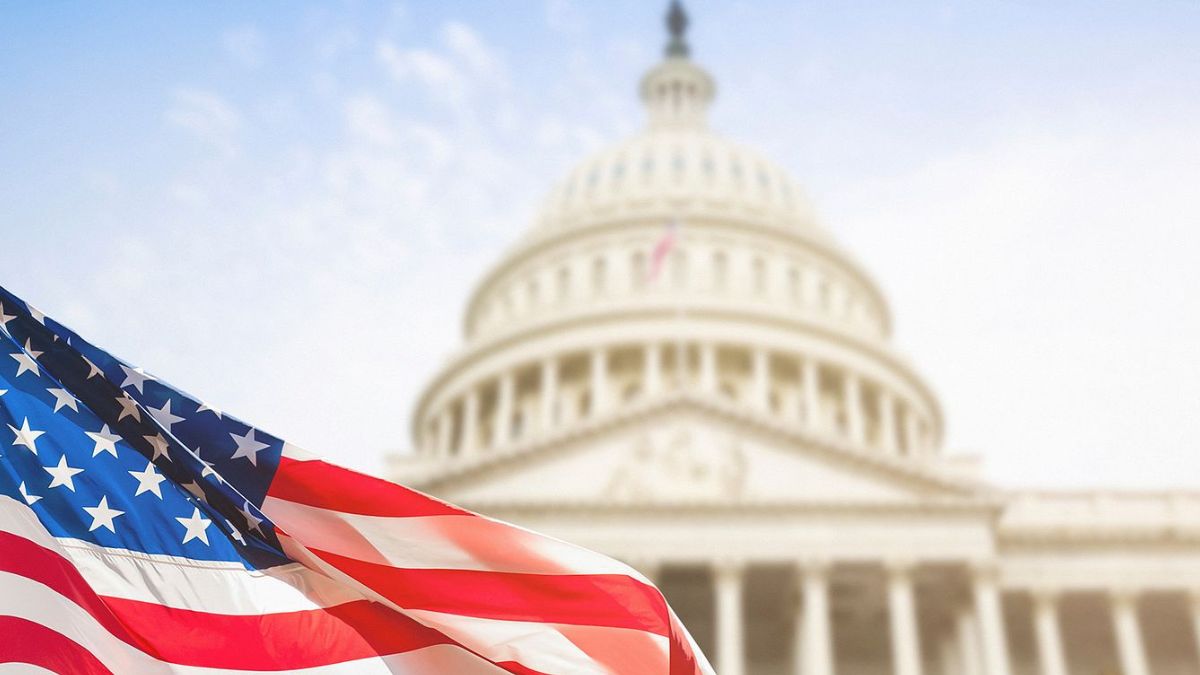The United States continues to prioritize its role in countering this pervasive threat to prosperity, security, and democracy, both domestically and internationally.
This commitment was highlighted in the recently released “U.S. Leadership in the Fight Against Global Corruption” fact sheet, underscoring the significance of President Biden’s dedication to countering corruption as a core U.S. national security interest.
On the occasion of International Anti-Corruption Day and the two-year anniversary of the United States Strategy on Countering Corruption, the U.S. is hosting the tenth Conference of the States Parties to the United Nations Convention Against Corruption (UNCAC COSP) in Atlanta, Georgia.
This conference marks a pivotal moment, with government representatives, civil society members, academics, and private sector leaders converging to address the pressing issue of corruption through an inclusive approach.
Today, U.S. Ambassador to the United Nations Linda Thomas-Greenfield leads a robust U.S. government delegation to the COSP, delivering a keynote address that outlines the nation’s dedication to combating corruption. Among the key announcements made during the conference is the signing of a Presidential Proclamation by President Biden, restricting the entry into the United States for those who enable corruption.
The U.S. government emphasizes its commitment to holding corrupt actors and their financial facilitators accountable, recognizing their role in undermining both U.S. and international financial systems.
The fact sheet outlines the accomplishments and future focus areas across five key pillars:
Pillar One: Modernizing, Coordinating, and Resourcing U.S. Efforts to Fight Corruption
– USAID establishes a dedicated Anti-Corruption Center within the new Bureau for Democracy, Human Rights, and Governance.
– The Department of State integrates anti-corruption priorities into bilateral policy processes and regional strategies.
Pillar Two: Curbing Illicit Finance
– The Department of the Treasury expands efforts to prevent corrupt and illicit actors from laundering funds through anonymous companies.
– Treasury aims to issue proposed rules on the residential real estate sector and apply anti-money laundering obligations to investment advisers.
Pillar Three: Holding Corrupt Actors Accountable
– President Biden issues a Presidential Proclamation on the Suspension of Entry for Persons Enabling Corruption, establishing a visa restriction authority.
– The Department of Justice’s Foreign Corrupt Practices Act (FCPA) Unit secures over $500 million in penalties and disgorgements in five corporate resolutions.
Pillar Four: Preserving and Strengthening the Multilateral Anti-Corruption Architecture
– The State Department coordinates efforts to preserve and strengthen the multilateral anti-corruption architecture, including hosting the UNCAC COSP and announcing support for regional anti-corruption hubs.
Pillar Five: Improving Diplomatic Engagement and Leveraging Foreign Assistance
– The United States provides $252 million in Fiscal Year 2022 to counter corruption, with USAID’s Countering Transnational Corruption Grand Challenge supporting promising innovations.
– The Department of Defense identifies security sector governance as a strategic priority for 2025-2029.
These pillars reflect the multifaceted approach the United States is adopting to combat corruption at home and abroad.
The fact sheet emphasizes the nation’s commitment to transparency, accountability, and collaboration to address the complex challenges posed by corruption. As the conference unfolds, the U.S. looks forward to continued global cooperation in the fight against corruption.



